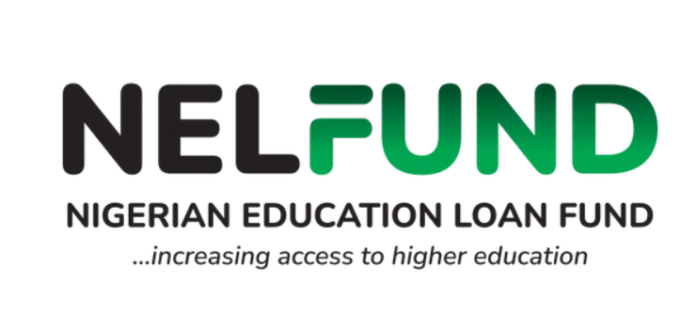By Jemimah Wellington, JKNewsMedia Reporter
NO FEWER than 40 million Nigerian students have so far benefited from the federal government’s student loan initiative, designed to ease financial barriers and improve access to education across the country.
Despite this progress, stakeholders in Plateau State have raised concerns about the broader economic challenges affecting Nigerians and called for more inclusive development efforts.
At a Town Hall meeting in Jos on Sunday, February 9, Personal Assistant to President Ahmed Bola Tinubu on Constituency Affairs, Khadijat Kareem Omotayo, reaffirmed the administration’s commitment to supporting students through interest-free loans.
She urged eligible students who had yet to apply to take advantage of the initiative, emphasising that no collateral was required.
Omotayo defended the administration’s policies, particularly the removal of the fuel subsidy, stating that while the decision had led to economic hardship, it was made in the best interest of Nigerians.
She urged citizens to redirect their frustrations towards their elected representatives and demand accountability at all levels.
“The president is committed to the growth and development of Plateau State.
“This administration is working towards improving the well-being of the people through access to quality healthcare, education, and the empowerment of women and youths,” she said.
She also assured that abandoned federal projects in the state would be completed.
Governor Caleb Mutfwang, represented by Commissioner for Youth and Sports Development, Ibrahim Musa Ashoms, highlighted ongoing efforts by the Plateau State government to uplift youths, particularly internally displaced persons (IDPs).
He revealed that the government had cultivated 1,000 hectares of land for agricultural purposes, engaging young people in farming, and another 5,000 hectares dedicated to IDPs to help them rebuild their lives.
Ashoms further disclosed that Plateau State had initiated discussions with the Federal Airports Authority of Nigeria (FAAN) to convert Yakubu Gowon Airport into a cargo hub.
He called on the federal government to expedite work on the Akwanga-Forest-Jos-Bauchi-Gombe Road project, citing the recently secured $1.2 billion loan from a Chinese bank as a critical funding source.
Representing the Plateau Initiative for Development of the Natives (PIDAN), National First Vice President Gyang Dudu expressed concerns about the lack of federal presence in several communities within the state.
He stressed that security challenges had worsened the situation, leaving many areas without essential government interventions.
The meeting attracted key stakeholders, including traditional rulers, the Inter-Party Advisory Council (IPAC), the Nigeria Labour Congress (NLC), the Nigeria Union of Journalists (NUJ), the National Association of Nigerian Students (NANS), and representatives from various ethnic communities.
Many speakers criticised the selection process for constituency projects, arguing that they often failed to align with the needs and aspirations of the people.
As concerned stakeholders, they all urged the government to conduct thorough needs assessments in collaboration with traditional and community leaders to ensure that projects address the most pressing concerns of citizens.
They also called for better governance and increased transparency stressing the broader dissatisfaction with government policies, even as some initiatives, such as the student loan programme, provided much-needed relief to millions of students.





